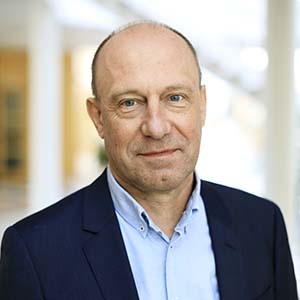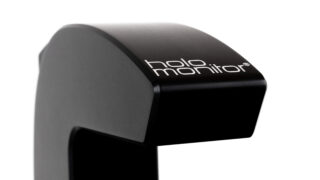PHI partners with University College London to use HoloMonitor in a first clinical research project
Phase Holographic Imaging (PHI) is excited to announce a strategic partnership with University College London (UCL). Under this collaboration, PHI will lend a HoloMonitor® M4FL system for use in an ongoing research project at UCL, which runs alongside a clinical trial. This partnership represents PHI’s first direct step in a hospital setting to explore the clinical applications of its innovative technology.
Patrik Eschricht, CEO of PHI, comments:
“Our HoloMonitor system provides detailed cell information to assess the quality of individual cell samples. Imagine a future where researchers can take a patient’s cell sample at the bedside in the hospital and instantly determine its suitability for a clinical trial or cell therapy manufacturing. I believe this is the potential that our cell analysis technology holds.
Imagine, if this is possible, our technology could optimize the efficiency of clinical trials and cell therapy manufacturing processes, reduce costs, and make regenerative medicine more accessible and affordable—we would not use a cell therapy production site to manufacture a treatment that won’t work and would not spend money on samples that won’t be good enough.”
PHI has partnered with UCL, a leading academic institution in England, to provide its latest live cell imaging system, HoloMonitor® M4FL. Through this partnership, PHI takes an active first step in further investigating this enormous potential market in which HoloMonitor products could be positioned directly at patient bedsides in hospitals—however, acknowledging that understanding the full possibilities is still at a very early stage.
Subscribe to PHI news on cision.com
What is regenerative medicine?
Regenerative medicine is a groundbreaking field focused on developing methods to regenerate, repair, or replace damaged cells, tissues, or organs. It integrates biology, chemistry, computer science, and engineering to develop treatments for conditions previously thought untreatable. It has already begun to transform healthcare by offering new hope to patients with conditions like cancer, Parkinson’s disease, diabetes and deafness, showcasing its vast potential to improve and save lives around the globe.
Further reading
PHI published a detailed perspective discussing the versatility and potential the Company sees for Quantitative Phase Imaging (QPI) technology in Regenerative Medicine. PHI outlines how QPI will offer enhanced cell quality control in the cell manufacturing process, thereby addressing a central puzzle piece for making cell-based therapies safe, affordable, and accessible for all.




